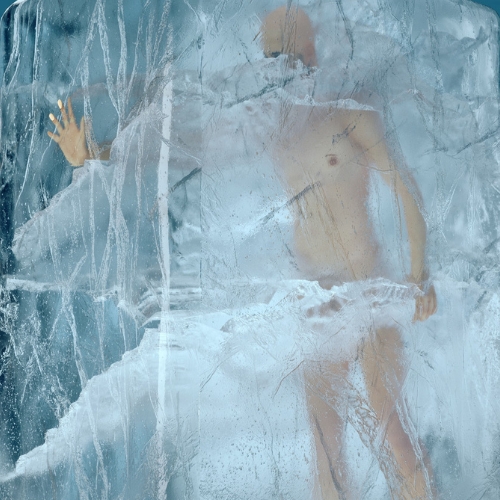Key points from article :
Researchers revived human heart tissue after preserved in a subfreezing, supercooled state for 1-3days.
"First-ever report of the supercooling and revival of an autonomously beating, engineered human cardiac muscle," - Matt Powell-Palm, study co-lead author.
Isochoric supercooling requires the sample to be kept in a liquid in a sealed, air-free rigid container.
Such conditions yield no space for cell-damaging ice to form.
This study used cardiac tissue grown from adult stem cells.
Retained structural integrity and it did not significantly affect the beat rate/waveform.
Spontaneous beating resumed for 65% to 80% of the human heart muscle chips.
No significant difference resulting from the duration of preservation.
Responded to isoproterenol, a medication that increases heart rate.
Further work is needed to scale up these results to full organs.
Could be applied to better quality preservation of food and reduced energy consumption.
Study by UC Berkeley published in Communications Biology.





